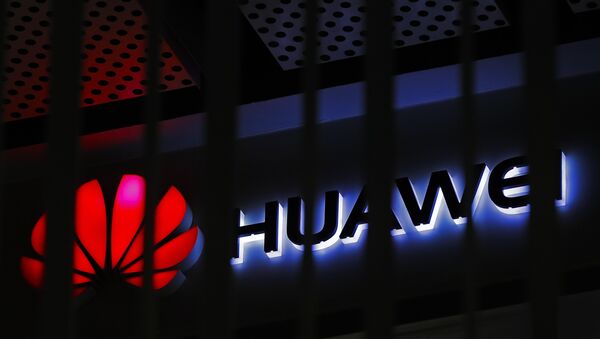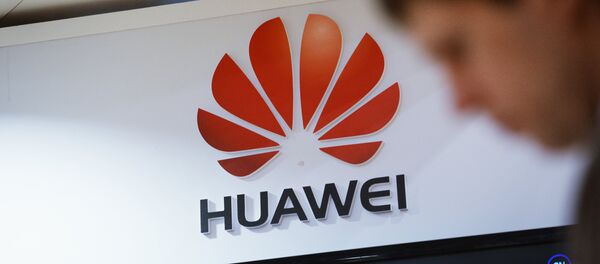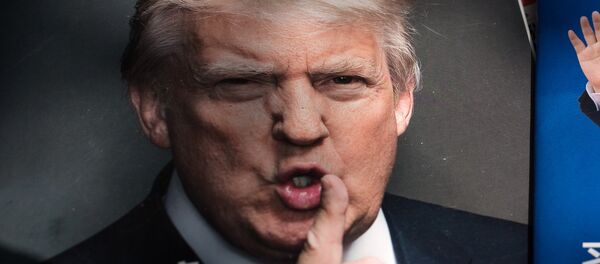In his first official comments after the US restrictions, Huawei Technologies' founder and chief executive Ren Zhengfei has claimed the growth of the Chinese tech giant "may slow, but only slightly" due to recent US curbs.
Ren added that the company's annual revenue growth may undershoot 20%.
In statements to the Japanese press, reported by Nikkei Asian Review, Ren Zhengfei criticised the US-imposed restrictions, reiterating that the Chinese telecom equipment maker has not violated any laws.
The Huawei founder said that the company refuses to yield to instructions from the US government.
"We will not change our management at the request of the US or accept monitoring, as ZTE has done," he said.
A similar US ban on ZTE Corp, another Chinese company, had almost crippled China’s second-largest telecoms gear maker and Huawei’s smaller rival early last year before the sanctions were lifted.
Ren said the company was prepared for such a step and that Huawei would be "fine" even if US smartphone chipmaker Qualcomm Inc. and other American suppliers would not sell chips to the company.
READ MORE: Huawei, Affiliates Placed on US Trade Blacklist Over National Security Concerns
On Friday Huawei's chip arm HiSilicon stated it was able to ensure the steady supply of most products, as it has long been prepared for a likely ban from purchasing US chips and technology.
The US Department of Commerce has placed Chinese tech maker Huawei, along with 70 affiliates, on a trade blacklist, with the move banning the Chinese firms from acquiring technology or components from American firms without the US government's consent. The blacklisting could make it extremely difficult for Huawei to do business with US companies.
There was also a separate executive order signed by Donald Trump that bans US firms from using telecom equipment made by companies that are "deemed to pose a national security risk".
The developments surrounding Huawei evolved against the backdrop of a trade tug-of-war between the United States and China that has morphed into a tech war for global technological dominance.
READ MORE: Huawei Wants to Sign 'No-Spy' Deals With Gov'ts, Including UK — Board Chair
As Huawei and its market span grew, this fuelled US concerns that China’s one-party state could use Huawei networks for espionage or cyber-attacks.
Washington became increasingly vocal in claiming Huawei's smartphones and network equipment could be used by China to spy on Americans, allegations the company has repeatedly denied.



